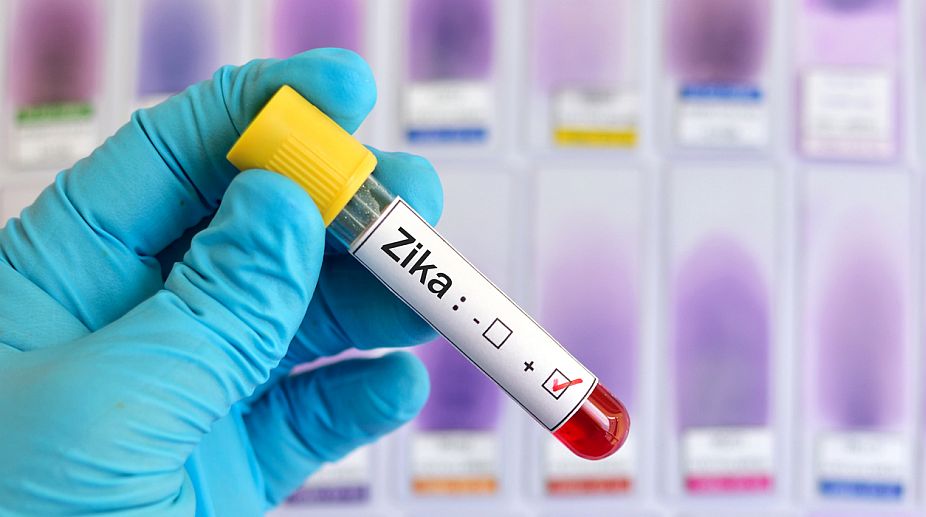Researchers from a southeastern Spanish university announced the discovery of a molecule that could be used as a potential drug to fight the effects of a Zika virus infection.
In a statement on Saturday, the San Antonio Catholic University of Murcia (UCAM) said that scientists belonging to its prestigious Bioinformatics and High-Performance Computing research group had found that a compound previously used as an antibiotic countered the symptoms of the mosquito-borne disease, Efe news reported.
Advertisement
"It's a drug that had been withdrawn from the market because it had lost its potency as an antibiotic, but we know it can be administered to humans," said José Pedro Cerón, a member of the research team.
The molecular structure of the proteins involved in the Zika virus' replication process was first described only a year ago.
Researchers focused on an antibiotic that had been previously prescribed to fend off "nosocomial" infections (those acquired inside a hospital).
The teams of both universities have now patented the molecule as an anti-Zika treatment.
The compound, known as "novobiocin," had phenomenal results when given to mice: a 100-percent cure rate.
The only pending task is to figure out the exact dose needed for humans to achieve the same successful outcome.
Cerón and De Haan, along with Horacio Pérez Sánchez and Jorge de la Peña-García, make up the only Spanish team to have published papers in the field of anti-Zika drugs.
The Zika virus — named after a forest in Uganda where it was first isolated in 1947 — saw a swift expansion between early 2015 and January 2016 throughout South America and the Caribbean, when factors such as tropical climates and insufficient mosquito-population control led the World Health Organization to term it an epidemic and global emergency











